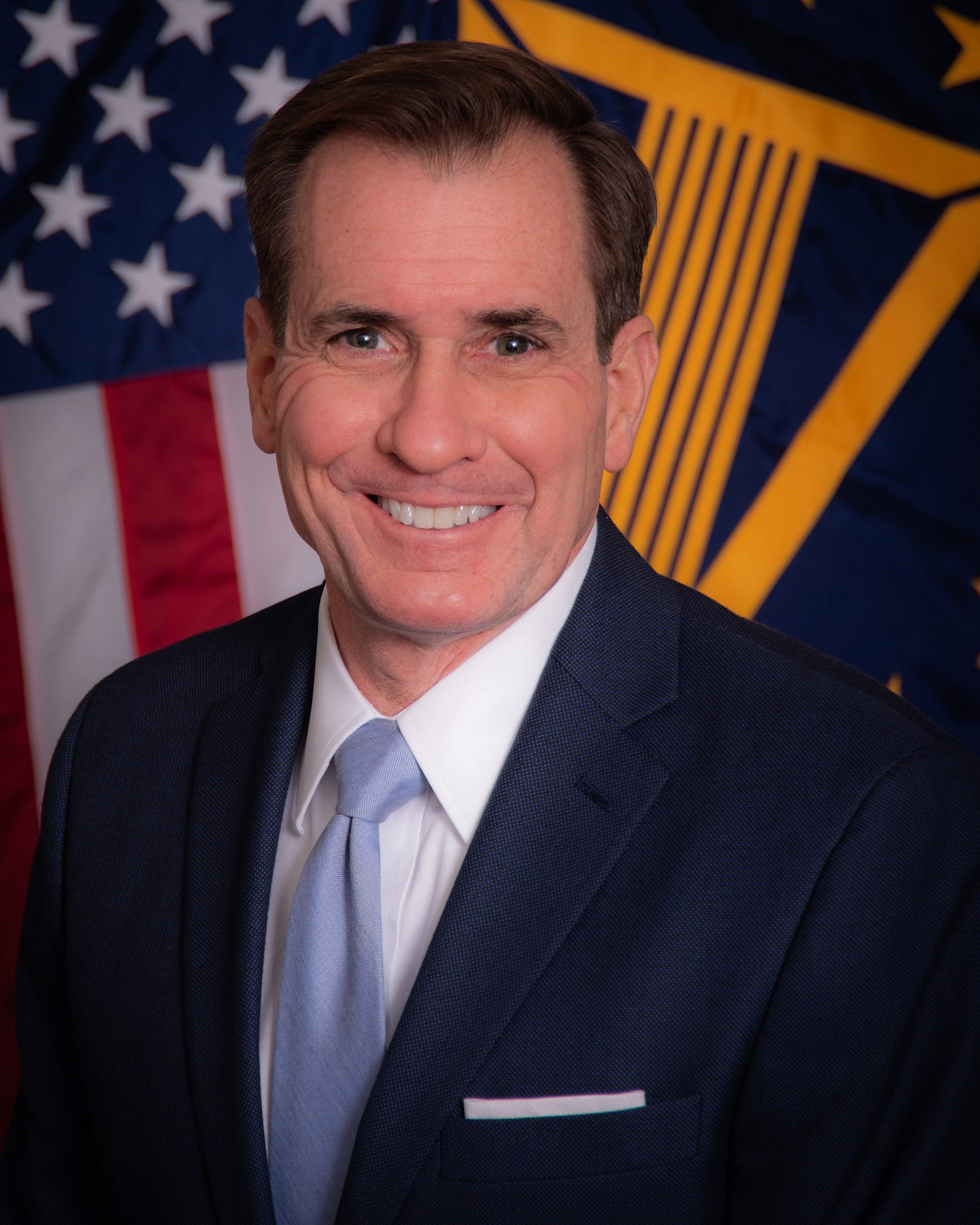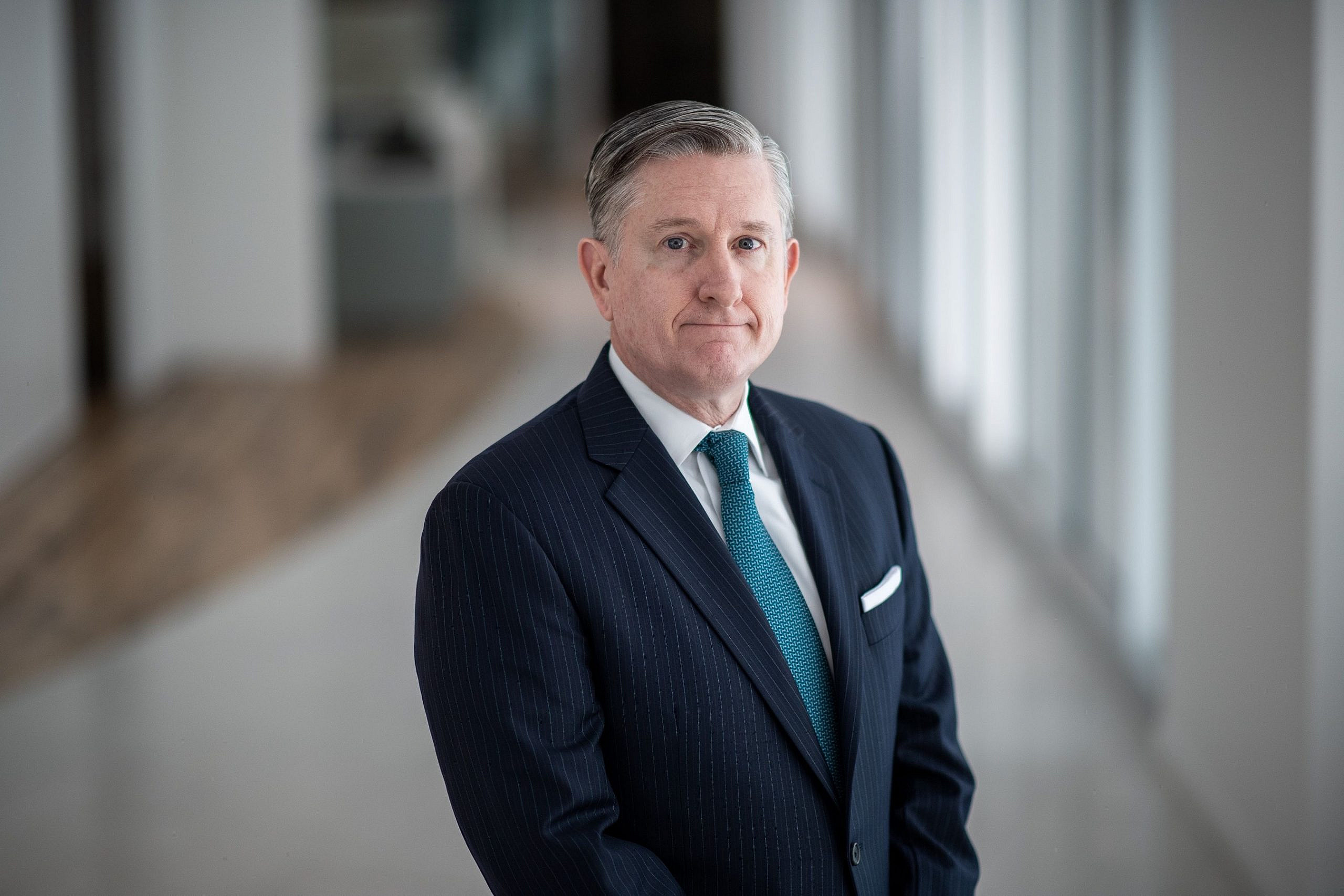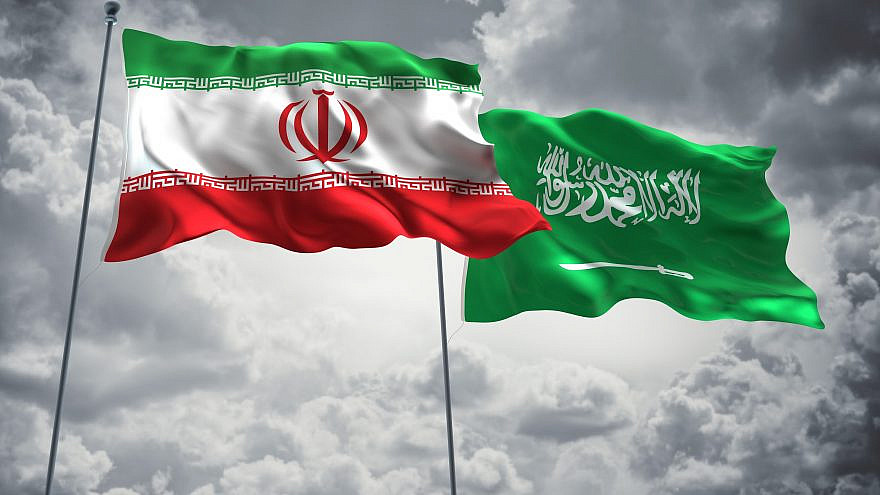In a move on Friday that came as a surprise to some, Saudi Arabia and Iran announced renewed ties brokered by China, including the reopening of their respective embassies within two months. It came rather suddenly, even though the two nations have communicated officially for two years now and seen an abatement of cross-border attacks.
Early reports on social media interpreted the news as China’s rise and Washington’s decline on the global diplomatic stage. But John Kirby, a National Security Council spokesman, said that internal and external pressures on Tehran, rather than only China’s invitation, brought Iran to the table.
He added that it was unclear whether the new agreement between Saudi Arabia and Iran would affect potential relations between Saudi Arabia and Israel. “We obviously continue to support normalization,” he said.
On Thursday, a congressional subcommittee meeting addressed expanding the Abraham Accords, as members searched for answers to questions pertaining to Israeli-Saudi normalization and peace between Israel and the Palestinians. That same day, The Wall Street Journal published a report that Saudi Arabia asked Washington for several things in exchange for advancing normalization with Israel.
The House Foreign Affairs Committee’s subcommittee on the Middle East, North Africa and Central Asia gathered testimony experts, including Abraham Accords Peace Institute president and executive director Robert Greenway; former U.S. Ambassador to Israel Daniel Shapiro; and former U.S. Central Command commander Gen. (ret.) Joseph Votel.
Rep. Tim Burchett (R-Tenn.), a subcommittee member, told JNS the meeting was positive. “I don’t think it’s going to be like wildfire or anything, but I think we’re moving in a really good direction,” he said.
Burchett said subcommittee members want to facilitate progress to advance the accords but asked those testifying how to do so without stepping inadvertently on diplomatic landmines.
“We want to be kept informed if there are things that we are doing that are harmful to the process. Those are things we need to head off in a hurry,” Burchett told JNS. Well-intentioned legislation could have unintended effects, he said.
Shapiro, the former U.S. ambassador to Israel, and Greenway, the Abraham Accords Peace Institute leader, noted that repairing the U.S.-Saudi relationship would need to be prioritized should there be much-hoped-for Saudi-Israel normalization.
Shapiro said that it’s in Washington’s best interests to build Saudi-Israeli ties but issued “caution against the narrative that Saudi Arabia is ready to normalize relations with Israel tomorrow” should the United States oblige Saudi Arabia’s demands. According to the Journal report, those included U.S. security guarantees; decreased restrictions on arms sales; and assistance in developing its civilian nuclear program.

Greenway told JNS such discussions are better held behind the scenes than in public.
“When you publicly talk about this stuff, you’re making it harder, not easier,” he said. “This has always been about the relationship between Riyadh and Washington and has a lot less to do with the relationship between Riyadh and Jerusalem.”
“That’s the same for the other Abraham Accords members, but it’s doubly so for Saudi Arabia,” added Greenway, an architect of the Abraham Accords, and former deputy assistant to the president and senior director of the National Security Council’s Middle Eastern and North African affairs directorate.
It will be difficult to make progress unless the United States and Saudi Arabia repair their relationship first, according to Greenway.
“If Washington doesn’t reverse course or chart a new course relative to Iran, it’s going to be hard to do that,” he said. “Normalization can’t occur without those two things occurring first.”
That conversation has not occurred “in earnest,” said Greenway.

‘It will take more time and more effort’
For some time, Greenway has been cautioning about China’s growing influence in the Middle East—to the detriment of U.S. interests and possibly as a hindrance to the advancement of further normalization in the region.
Greenway told JNS that Russia, Ukraine and domestic issues consume much of Washington’s attention, and rightly so.
“For us, China was always a component of this, but we didn’t usually talk about it as publicly because we had other things to discuss,” he said.
Greenway made a point at the March 9 subcommittee hearing to spell out why China views the Middle East as being strategically important and why Washinton should do the same. “That argument, frankly, is lost a lot. I think it warrants a lot more conversation,” he said.
All of the panelists on Thursday proposed strategies for advancing the accords. Greenway recommended establishing a free-trade area and new overland trade routes connecting the Mediterranean and the Persian Gulf.
Shapiro said a U.S.-led defense cooperative and a European Union-style regional organization, which could facilitate multilateral cooperation “at every level in every area of governance,” would provide incentive for states to join the accords. He also encouraged Foggy Bottom to create a U.S. State Department envoy position focused on normalization advancement.
Votel, the retired general, said the Palestinian issue is particularly challenging and delicate in Saudi Arabia due to the latter’s custodial role in holy sites. “It will take more time and more effort to work through that particular issue with the Saudis,” he said. “Resolving the Palestinian situation remains essential for many in the region.”
Burchett, the east Tennessee congressman, told JNS he expects that plans for a congressional delegation to the Abraham Accords countries will be announced “in the near future.” He is leaving it to committee leadership to handle that.
He also noted it’s a sign of how much the subcommittee prioritizes the Abraham Accords by devoting the first hearing in the new Congress to it.


























